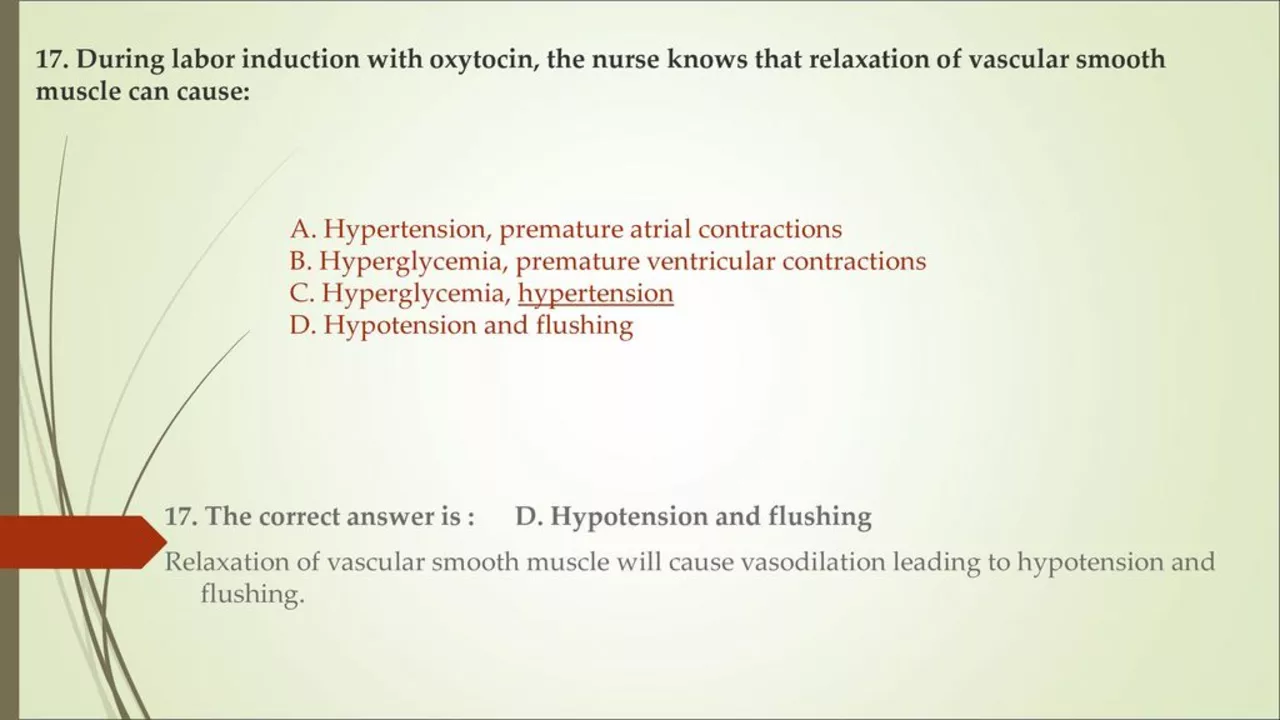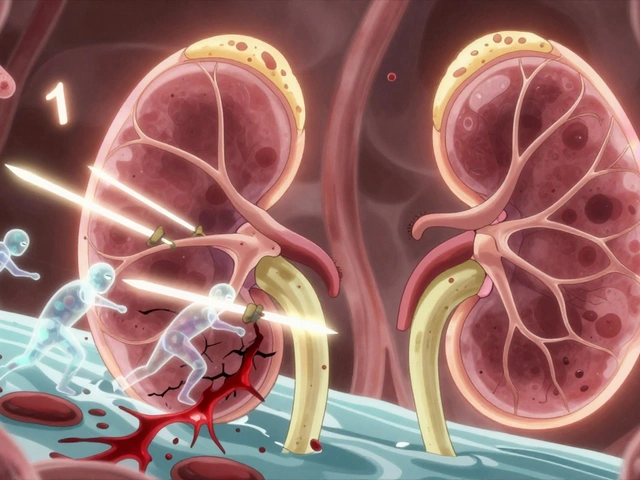Understanding Enalapril-Hydrochlorothiazide and Its Effects on Blood Pressure
As someone who has been prescribed enalapril-hydrochlorothiazide, it's essential to understand how this medication works and its effects on your blood pressure. Enalapril is an angiotensin-converting enzyme (ACE) inhibitor, and hydrochlorothiazide is a diuretic, commonly known as a water pill. When combined, these two medicines work together to lower high blood pressure by reducing the amount of fluid in the body and relaxing blood vessels.
Monitoring your blood pressure while taking this medication is crucial because it helps you and your doctor evaluate the effectiveness of your treatment plan. Regular blood pressure checks can help identify any potential issues or complications, allowing for adjustments in your prescription if necessary. Additionally, being proactive in monitoring your blood pressure can provide valuable insights into lifestyle changes you can make to further improve your cardiovascular health.
Setting Up a Blood Pressure Monitoring Routine
To effectively monitor your blood pressure while taking enalapril-hydrochlorothiazide, it's vital to establish a consistent routine. Begin by selecting a time of day that works best for you and commit to checking your blood pressure at that time daily. Consistency is key, as taking readings at different times of day can result in fluctuations that might make it challenging to assess your overall blood pressure trends.
Next, invest in a reliable and accurate blood pressure monitor suitable for home use. There are various models available, including upper arm cuffs and wrist monitors. Consult with your doctor or pharmacist for recommendations based on your individual needs. Be sure to read the instructions carefully and practice using the monitor to ensure you're taking accurate readings.
Lastly, keep a record of your blood pressure readings so you can easily track trends and share the information with your healthcare provider. This can be done using a physical notebook or through a digital app, depending on your preference.
Recognizing the Signs of High or Low Blood Pressure
While regularly monitoring your blood pressure is crucial, it's also essential to recognize the signs and symptoms of high or low blood pressure. This way, you can take action immediately if you experience any concerning symptoms.
Signs of high blood pressure (hypertension) can often go unnoticed, but in some cases, symptoms may include headaches, dizziness, blurred vision, and shortness of breath. It's essential to consult your doctor if you experience any of these symptoms consistently, as untreated hypertension can lead to severe complications such as heart attack, stroke, or kidney damage.
Symptoms of low blood pressure (hypotension) include dizziness, lightheadedness, fainting, and fatigue. Low blood pressure can be caused by a variety of factors, including dehydration, certain medications, or underlying health conditions. If you consistently experience symptoms of low blood pressure, it's crucial to discuss this with your doctor, as it may indicate a need for adjustments to your medication or treatment plan.
Making Lifestyle Changes to Support Healthy Blood Pressure
In addition to monitoring your blood pressure while taking enalapril-hydrochlorothiazide, it's essential to make lifestyle changes that can help support healthy blood pressure levels. These changes can not only improve your overall cardiovascular health but may also enhance the effectiveness of your medication.
Some key lifestyle changes to consider include adopting a heart-healthy diet, getting regular exercise, maintaining a healthy weight, managing stress, and limiting alcohol and tobacco use. It's essential to discuss these changes with your doctor to ensure they are appropriate for your individual needs and circumstances. By incorporating these lifestyle modifications, you can help promote optimal blood pressure levels and overall cardiovascular health.
Communicating with Your Healthcare Provider
Finally, open communication with your healthcare provider is vital when taking enalapril-hydrochlorothiazide and monitoring your blood pressure. Regularly share your blood pressure readings and any concerns or symptoms you may be experiencing. This information can help your doctor determine if adjustments to your medication or treatment plan are necessary.
Remember that managing high blood pressure is a collaborative effort between you and your healthcare provider. By consistently monitoring your blood pressure, recognizing symptoms of high or low blood pressure, making lifestyle changes, and maintaining open communication with your doctor, you can work together to achieve and maintain healthy blood pressure levels and improve your overall cardiovascular health.





Comments (8)